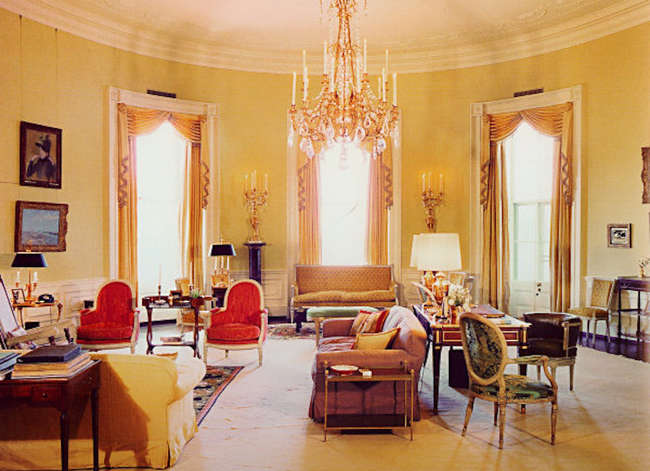

We may earn revenue from the products available on this page and participate in affiliate programs. Learn More ›
Home Advice You Can Trust
Tips, tricks & ideas for a better home and yard, delivered to your inbox daily.
By signing up you agree to our Terms of Service and Privacy Policy.
The Eye of the Beholder
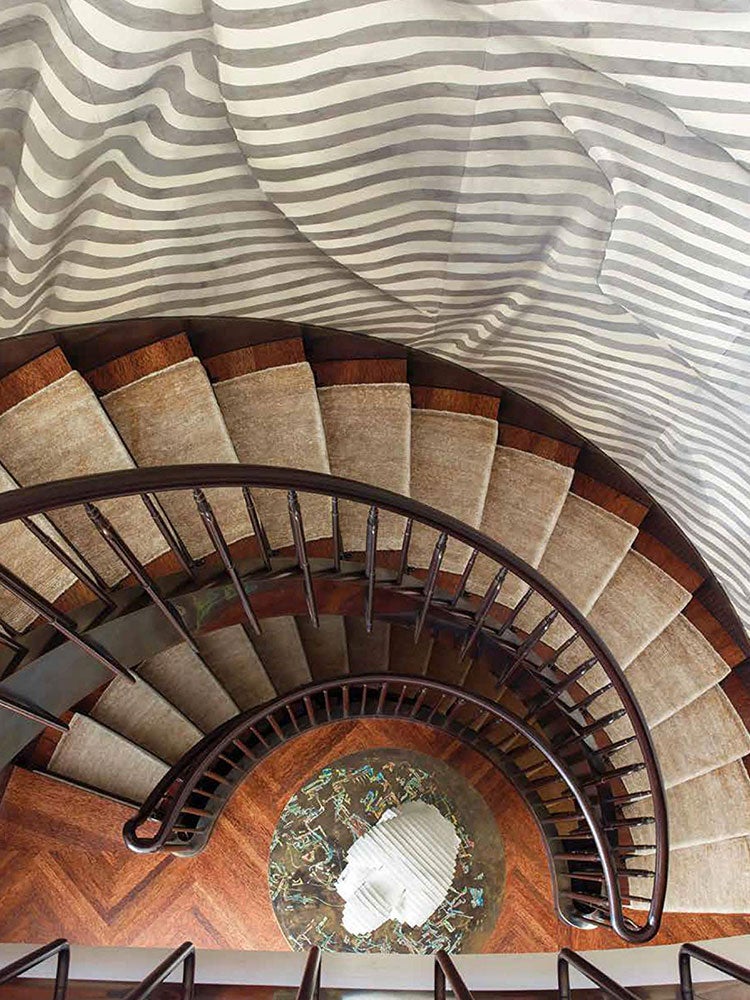
A woman’s touch hasn’t always been welcome in the interior design industry. Yet, female interior designers have left a lasting mark on museums, mansions, and cottages for well over a century. Some of the women on our list decorated the White House. Others broke stereotypes and gender norms to create styles that changed the outlook of an entire industry. We’ve also included designers who continue to put new twists on old ideas by continually pushing and developing their personal style.
Elsi De Wolfe
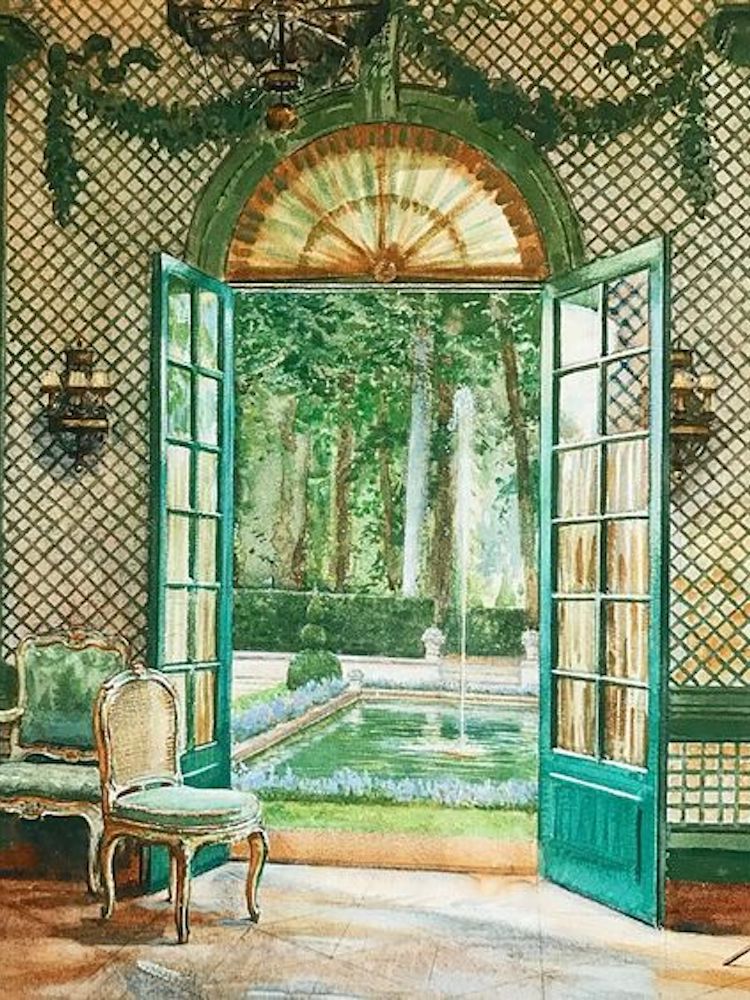
Wikimedia Commons via instagram
A list of influential female designers would be incomplete without Elsi De Wolfe. Her career started on the stage, and eventually, she used her set design experience to influence her way into a male-dominated industry. It didn’t hurt that she had connections in high society. Her talent and devotion to simple airiness and an anti-Victorian aesthetic made a lasting mark on designers of her generation.
Dorothy Draper
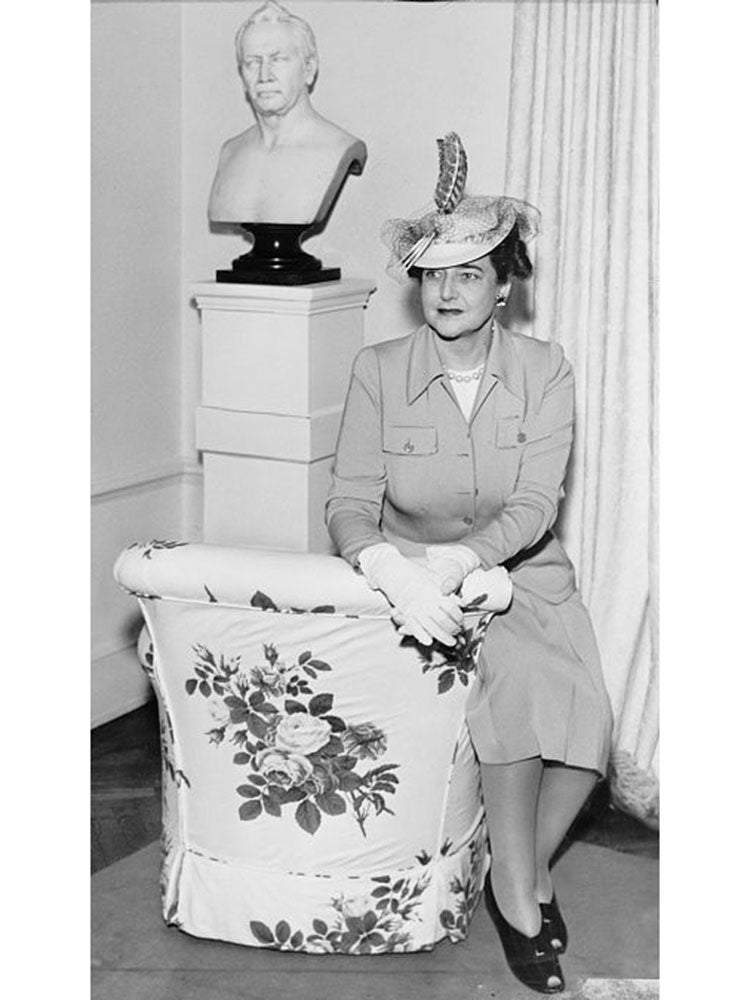
Wikimedia Commons via New York World-Telegram and the Sun Newspaper staff photographer: Edward Lynch
“Modern Baroque” owes its existence to Dorothy Draper. She started her interior design business in 1923, at a time when women didn’t work in the design industry and design firms didn’t even exist. She used her unique aesthetic to decorate high fashion museums, hotels, and restaurants. Eventually, her regular column in Good Housekeeping spread the popularity of her designs to the masses.
Candace Wheeler
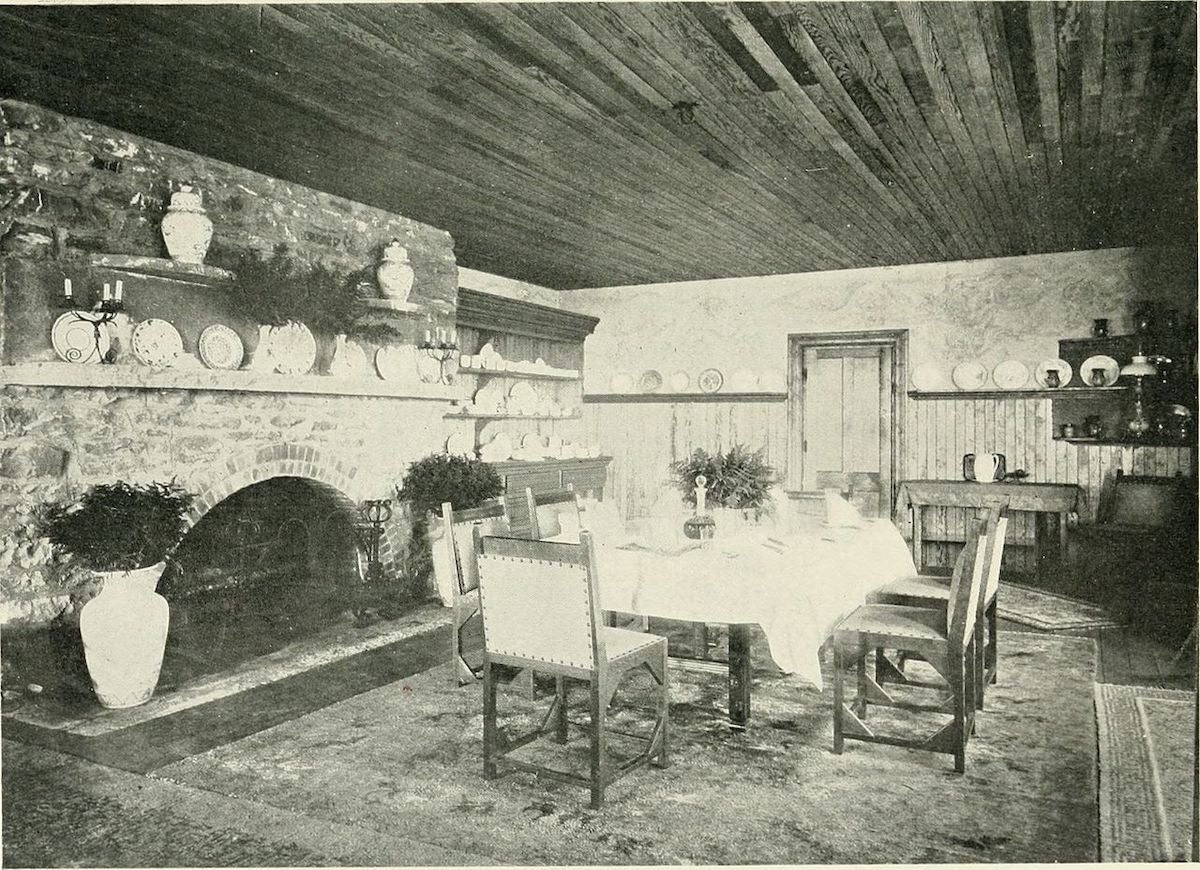
Wikimedia Commons via Flickr
Candace Wheeler was an active feminist, though not radical in her views. Along with Louis Tiffany, Elizabeth Custer, and John LaForge, Wheeler founded the Society of Decorative Arts in 1877. The Society provided a way for women left destitute after the Civil War to sell their arts and crafts for a profit. She was a founding partner in Tiffany & Wheeler, which would one day be known as Tiffany & Co.
Sister Parish (Dorothy Kay Kinnicutt)
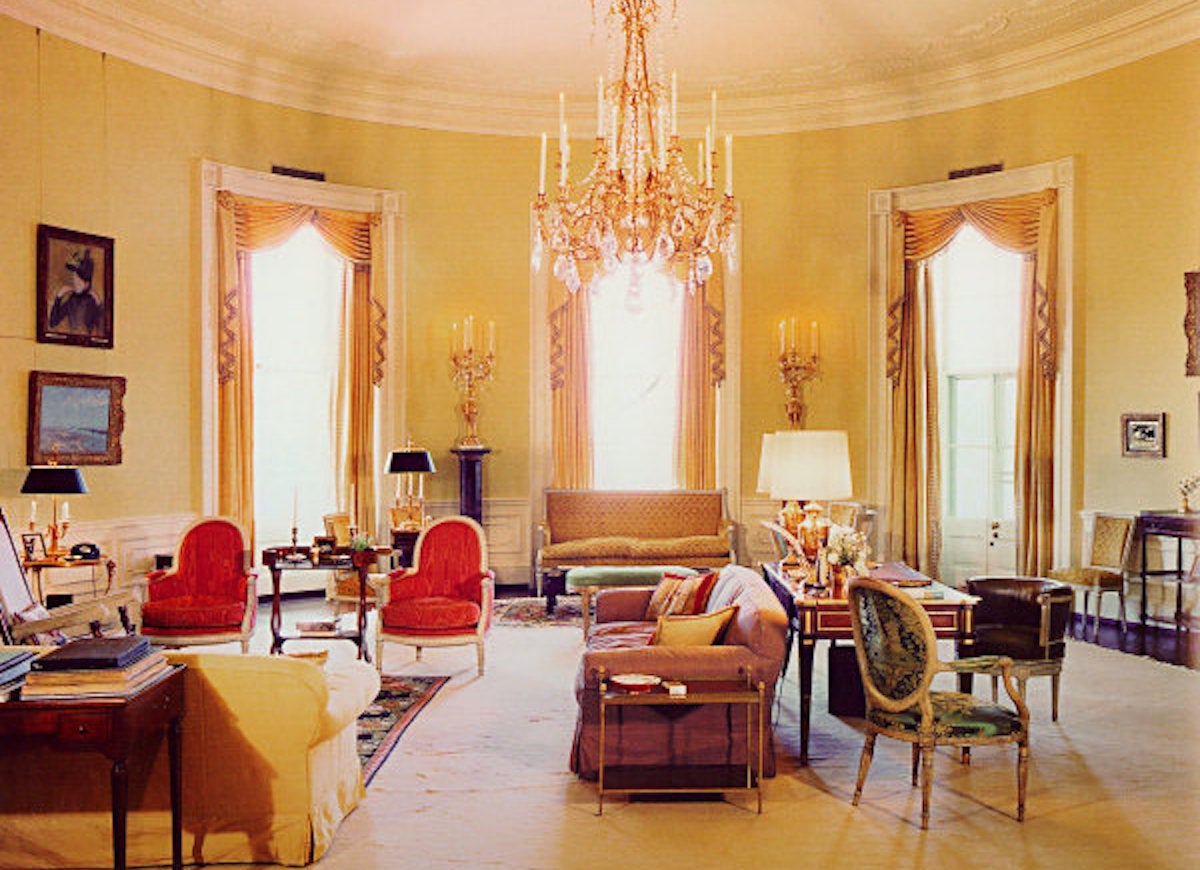
Wikimedia Commons via National Archive and Records Administration
Dorothy Kay Kinnicutt was better known by her nickname “Sister” and married name Parish. A trip to Paris inspired her love of interior design. Still, it wasn’t until her husband’s salary took a hit during the Great Depression that she opened her own design company to help support the family. She eventually combined her romantic design style with the modern approach of her business partner Albert Hadley, creating what became known as the American Country style. This simple but sophisticated look made its way to the Kennedy White House, where her signature vibrant colors, four-poster beds, and mattress ticking slipcovers entered the history books.
Charlotte Perriand
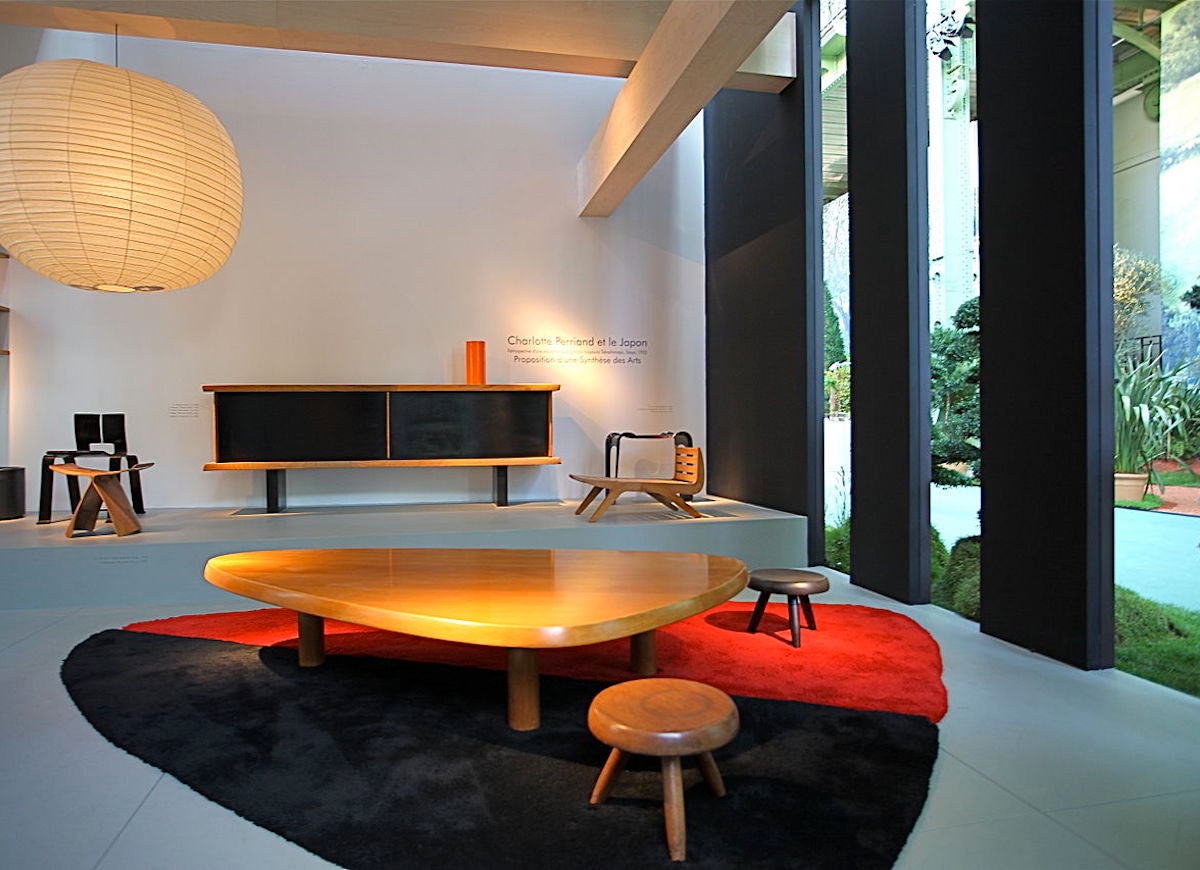
Wikimedia Commons via Jacques.delacroix
The French designer, Charlotte Perriand, didn’t let the initial skepticism surrounding her gender prevent her from pushing the boundaries of design in the 1920s and 30s. She used metals and geometric shapes as successfully in her designs as she did the natural materials inspired by her time spent in the mountains of Savoy, France. Through the use of traditionally masculine materials and shapes, she made a splash in the design industry, where she would continue to push and reinvent her look for decades.
Nancy Lancaster
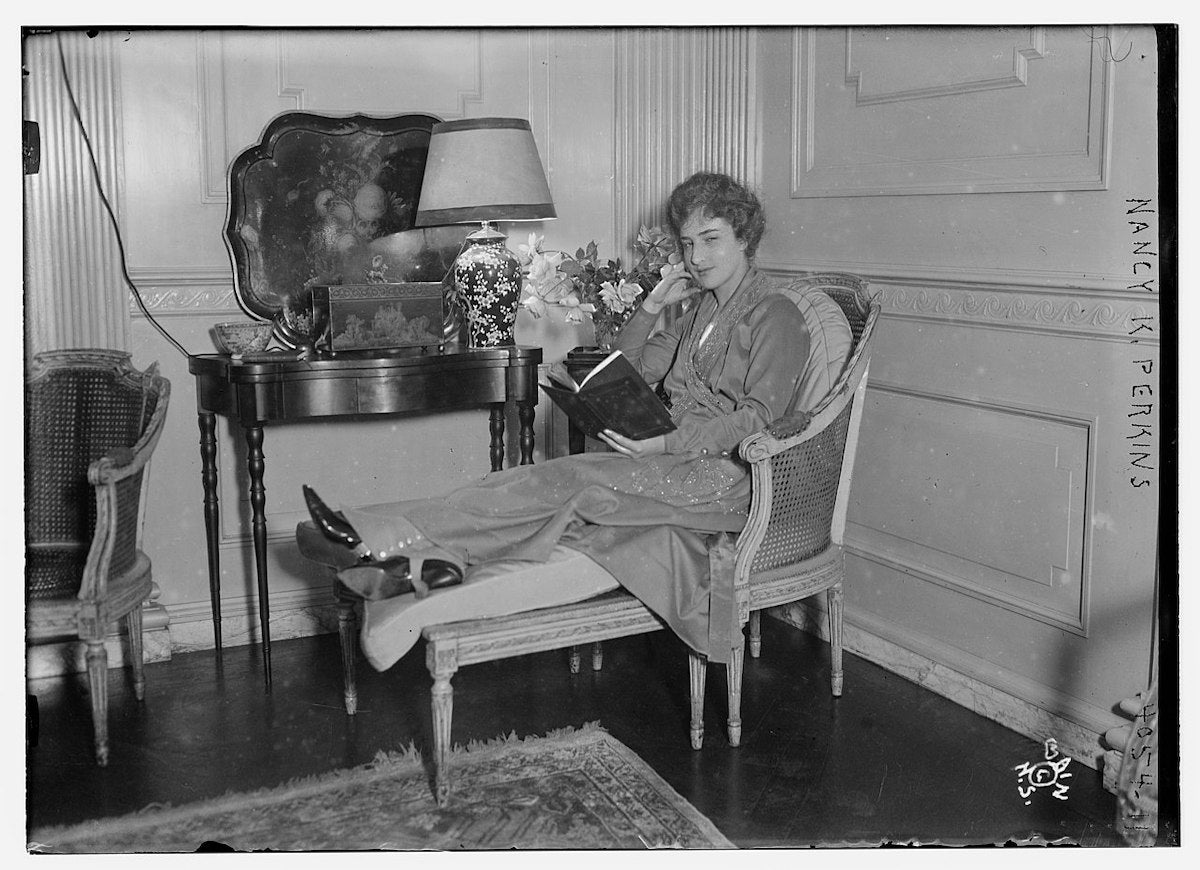
Wikimedia Commons via Library of Congress
Nancy Lancaster started and made popular the “country” look. She blended the elegant country of the British aristocracy and American country, creating beautiful interiors and manicured gardens. Her definition looks different from the farmhouse country or country cottage styles of today, but the roots of these other country styles trace back to what Lancaster started decades ago.
Related: 12 Rustic Kitchen Ideas That Bring Your Space Back to Basics
Andree Putman
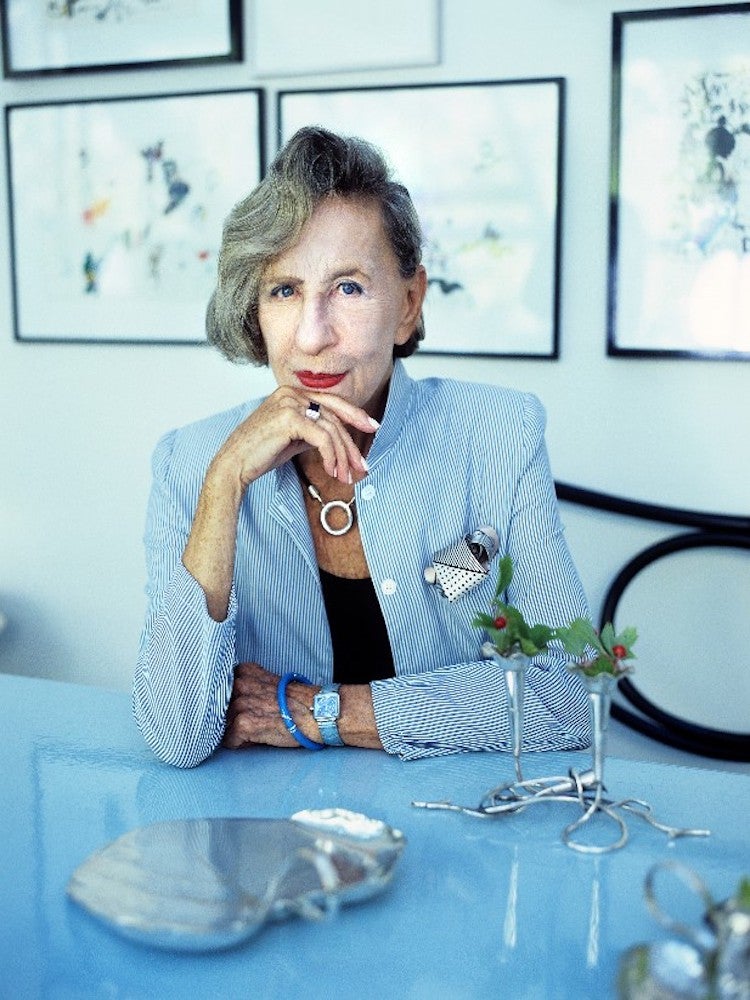
Andree Putman started her career as a musician, but she best utilized her creative abilities in the design industry. Interestingly, she didn’t truly make her mark in the design industry until she reached her 50s. She spent the next two decades revitalizing the styles of past designers by breaking the designs down to the very basics. A focus on budget-friendly, high-fashion designs catapulted her to international fame.
India Mahdavi
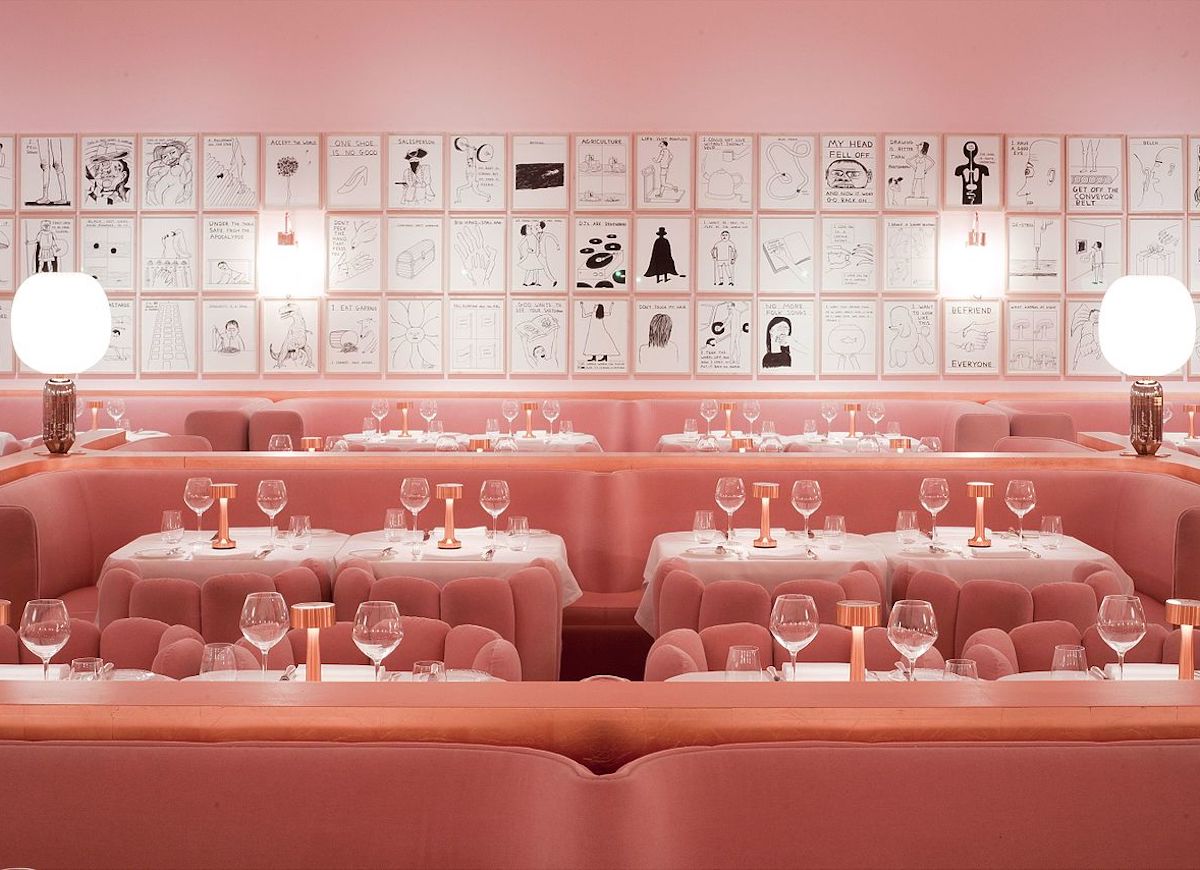
Wikimedia Commons via Noor Chalhoub
Iranian-born India Mahdavi spent her childhood traveling the world, bringing a cultural mesh of ideas, patterns, and colors to her designs. Her aesthetic leans toward minimalism, but she never fails to blend sophistication with humor and a sense of playfulness. Heavily influenced by pop art, Mahdavi plays with color and shape in unusual and refreshingly surprising ways to tell a story through design.
Kelly Hoppen
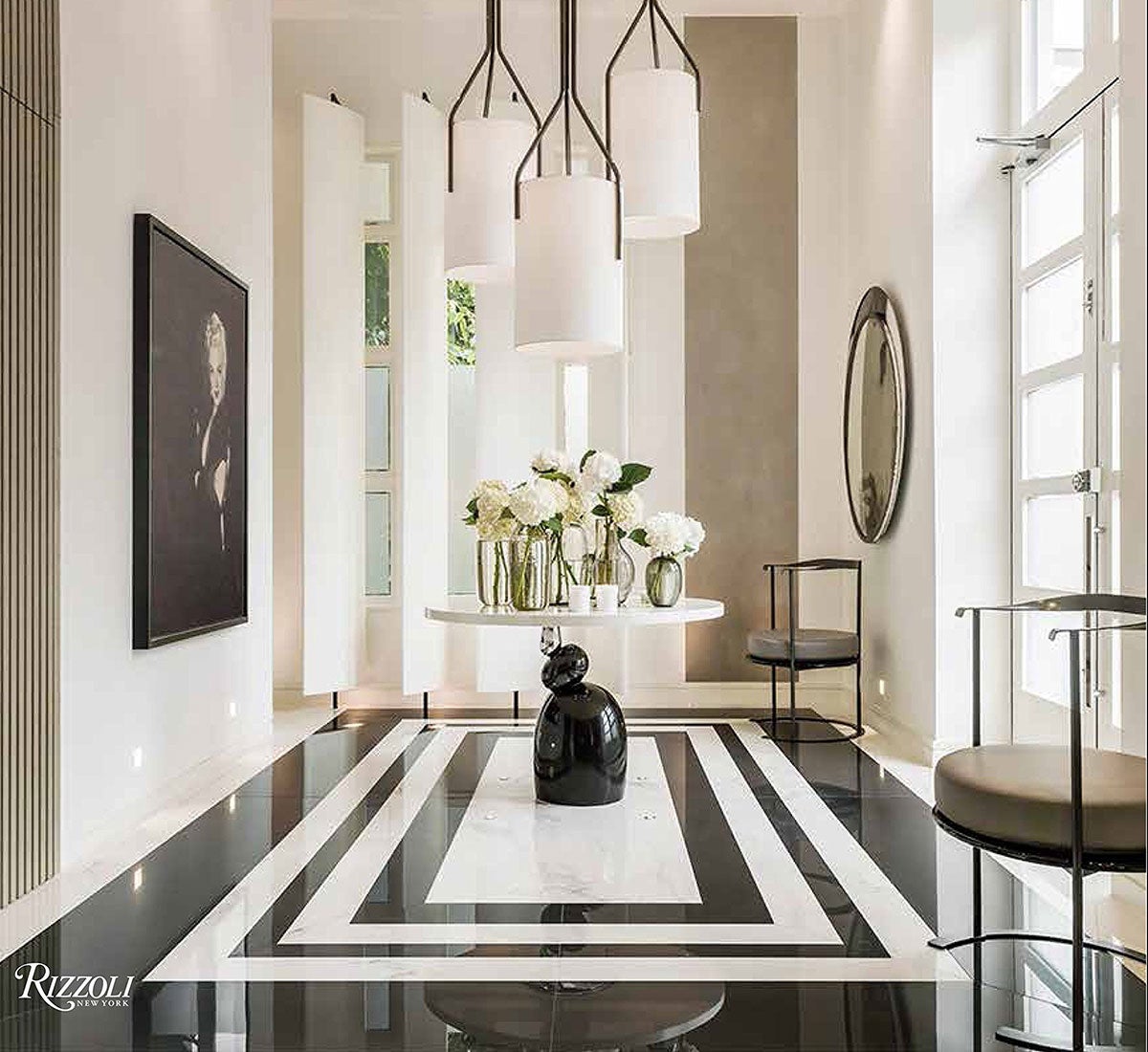
Hoppen’s East meets West style makes neutrals anything but boring. Crowned the queen of taupe, Hoppen uses classic colors and tones that won’t go out of style while keeping the overall aesthetic decidedly modern. Her subtle yet stunning designs grace private residences, hotels, cruise ships, jets, and yachts around the world.
Related: Living Room Paint Colors: 9 Top Picks from the Pros
Kelly Wearstler
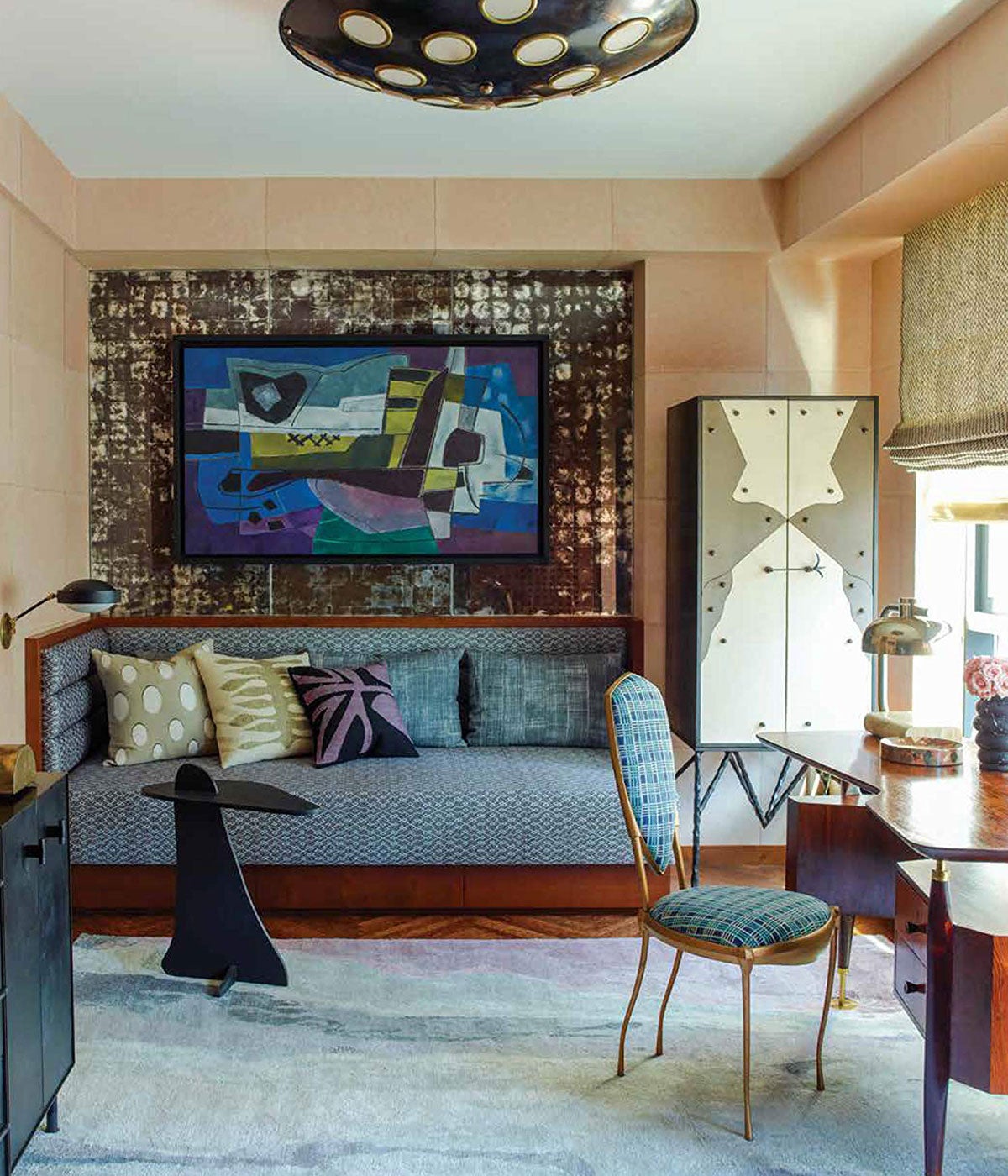
Kelly Wearstler’s distinct modern style never fails to stun. She takes a theatrical approach to design, mixing unexpected bold prints, bright colors, and unusual shapes. Her signature style and unexpected pairings elevate each space she designs. Wearstler isn’t limited to bright and bold. She’s also known for her ability to glam up neutrals and accentuate outdoor areas without the designs looking gaudy or over-styled.
Bethan Gray
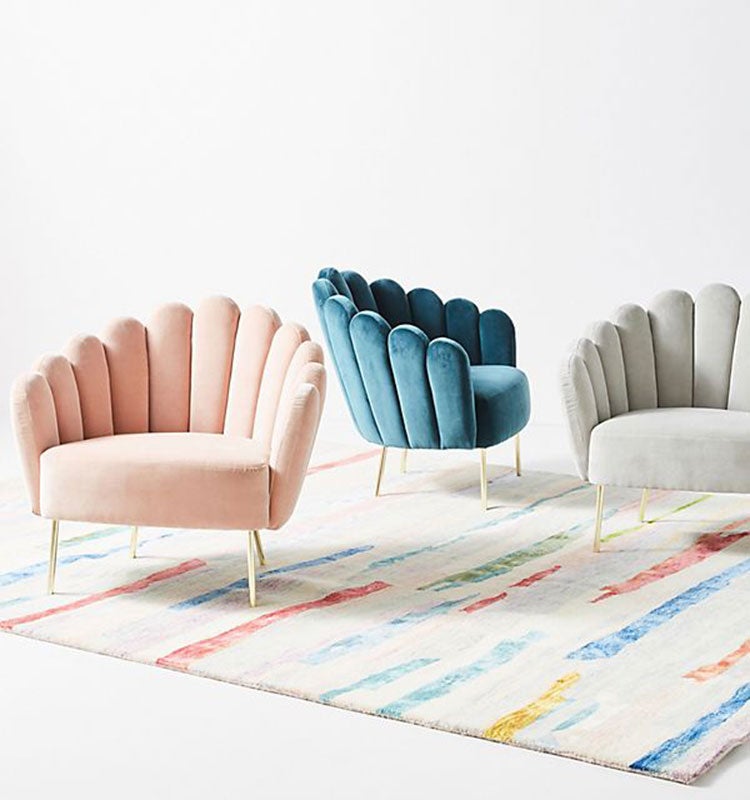
Bethan Gray doesn’t shy away from unusual furniture pieces, mixed materials, and new technology. This devoted traveler incorporates everything that new technology has to offer into her design process. Her travels and experiences in new cultures influence her design, creating a contemporary, relevant, and evolving look.

Everything You Need for a Lush and Healthy Lawn
Keeping your grass green and your plants thriving doesn’t just take a green thumb—it starts with the right tools and supplies.